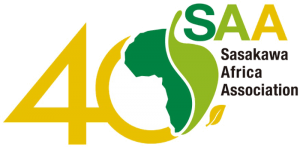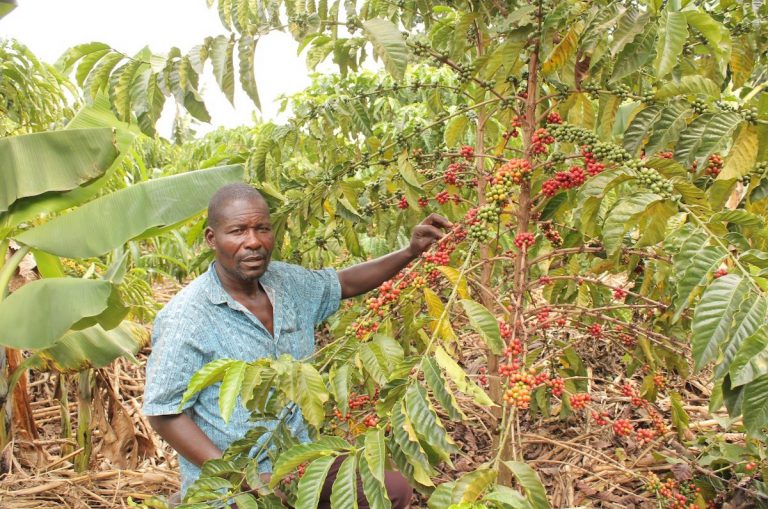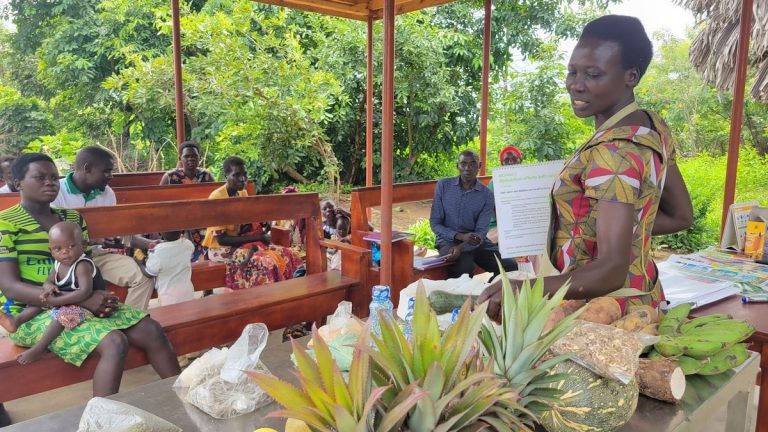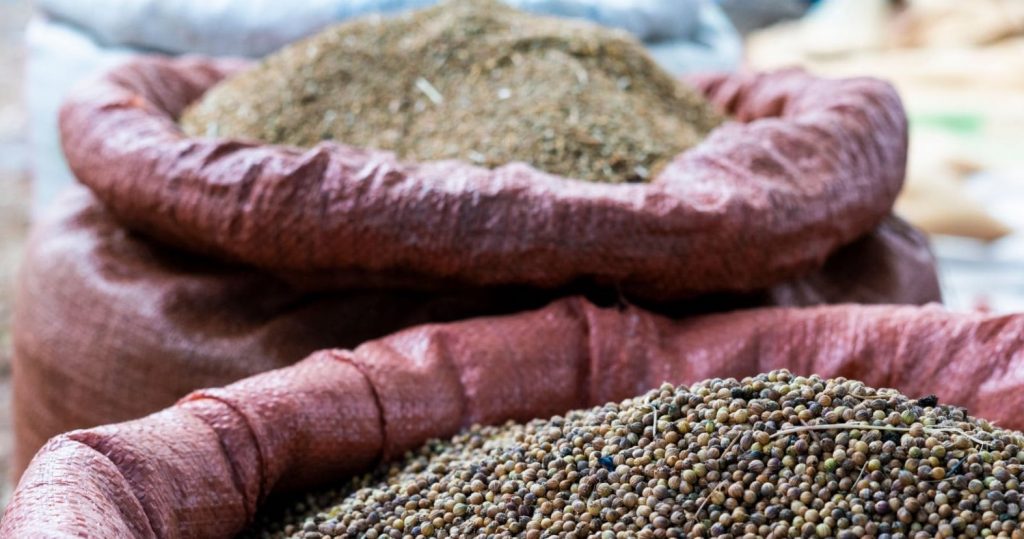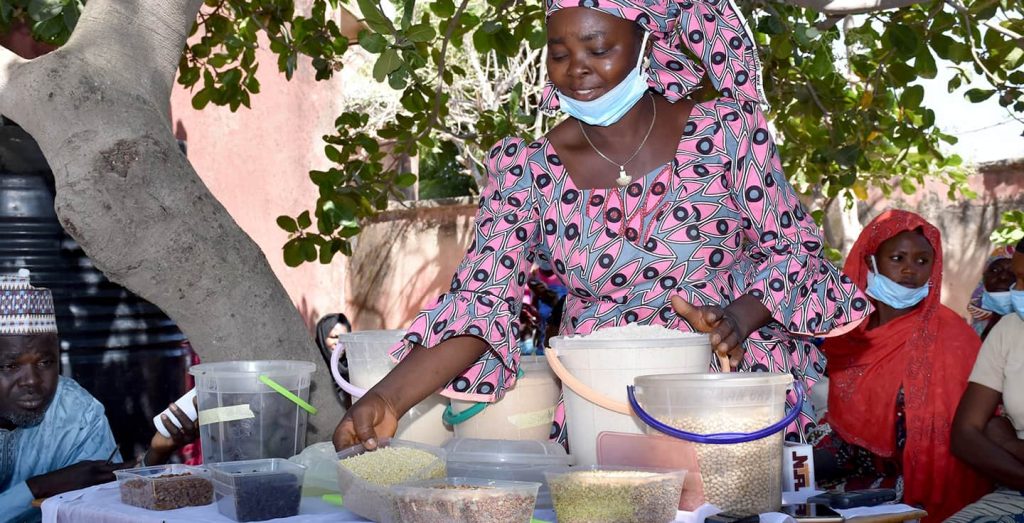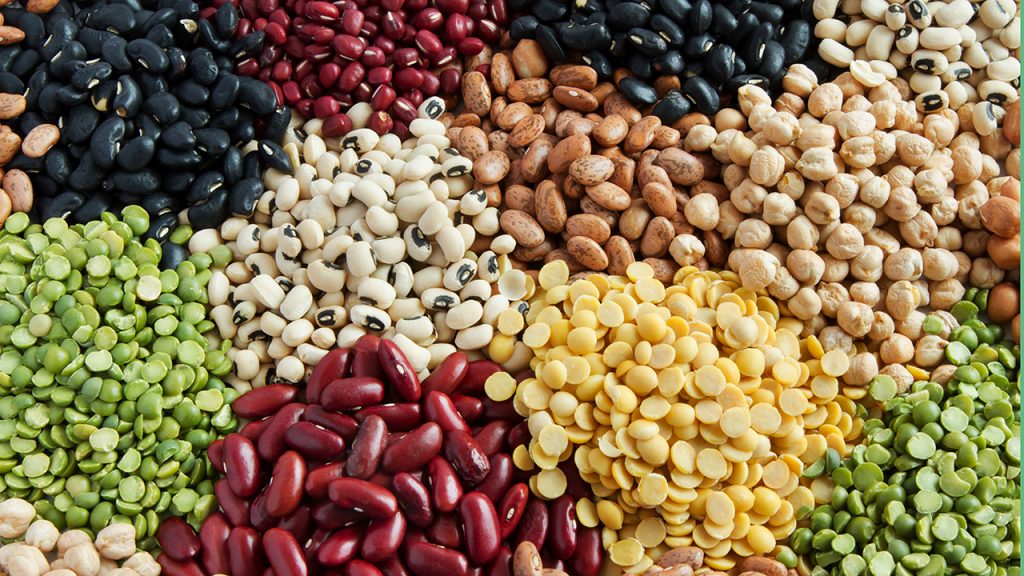Menu
Menu

Dear Readers, Partners, Colleagues, and Friends, As the Sasakawa Africa Association Uganda looks ahead to 2026, we do so at a defining moment, celebrating 40 years of walking side by side with farmers across Africa,…
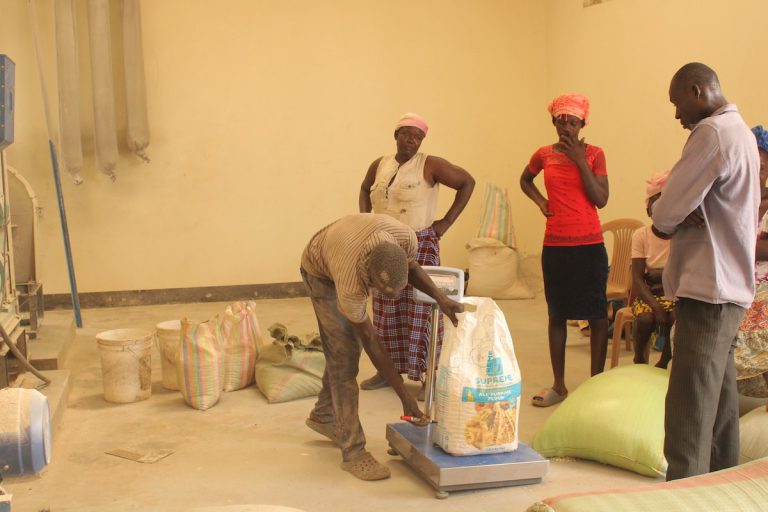
Voices from the Field
In northern Uganda’s Otuke District, rice and cereal farmers faced not production challenges, but post-harvest…
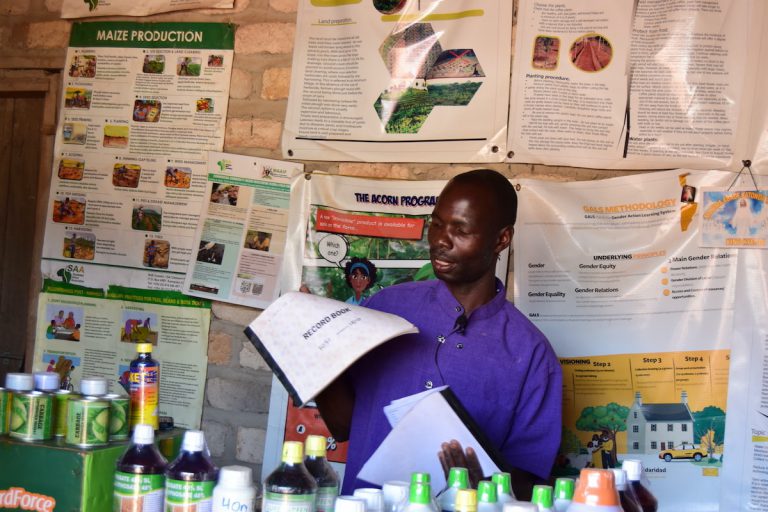
Voices from the Field
Kyambadde Francis, a 28-year-old agripreneur from Mubende District, represents the growing wave of rural youth…
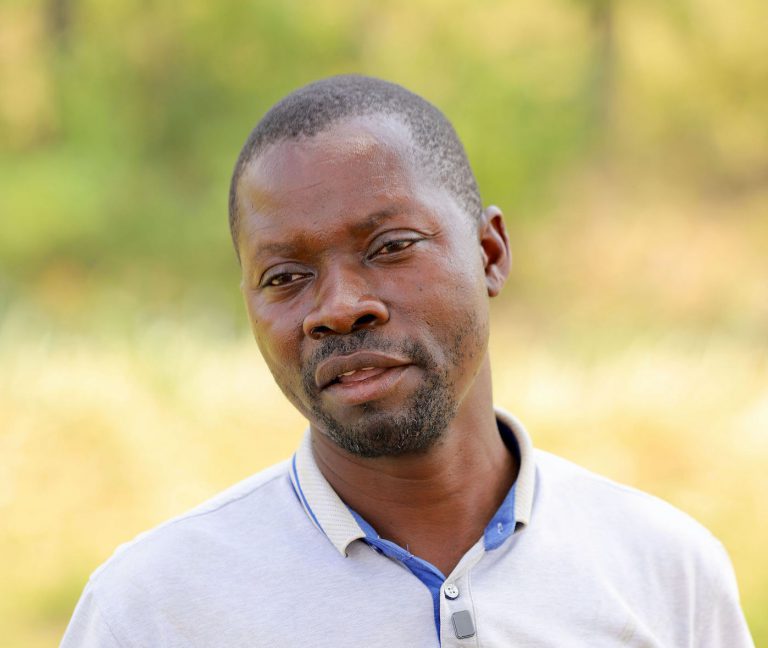
Voices from the Field
For years, Mulwani Moses farmed merely to survive. A 35-year-old father of three from Kibuku…
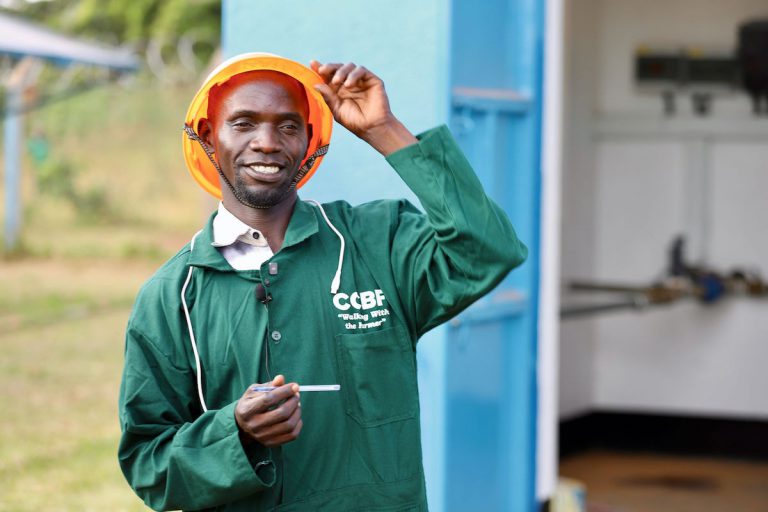
Voices from the Field
For many rural youths, hard work alone does not guarantee progress. Without access to capital,…
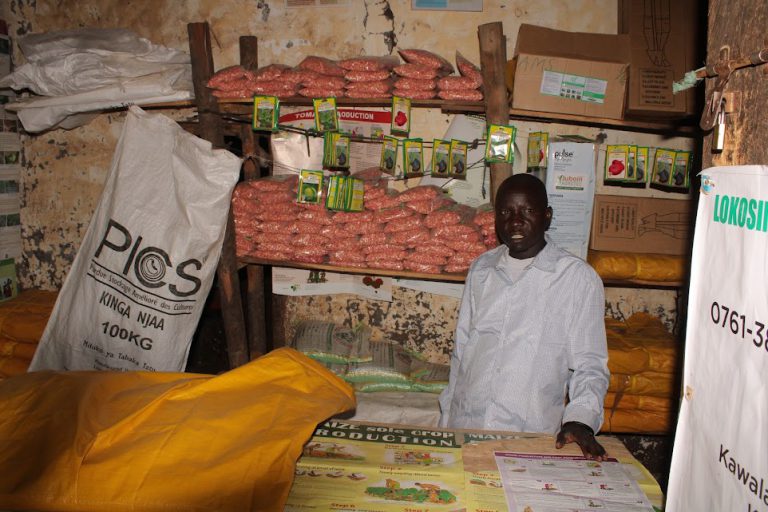
Voices from the Field
Across the drylands of Karamoja, Uganda, where climate stress, distance, and weak service delivery shape…
ACTIVITES
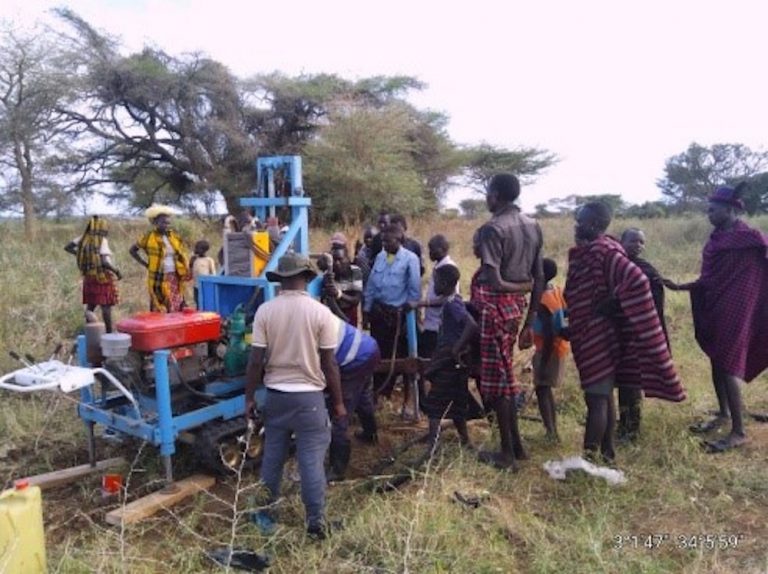
Activities
In the semi-arid region of Karamoja, located in northeastern Uganda, water scarcity is the single…
ACTIVITES FROM ETHIOPIA
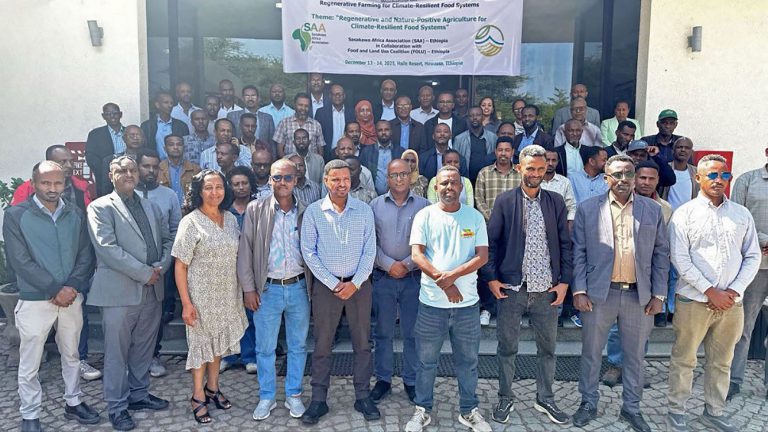
Activities
In December 2025, Sasakawa Africa Association (SAA) Ethiopia and Food and Land Use Coalition (FOLU)…
